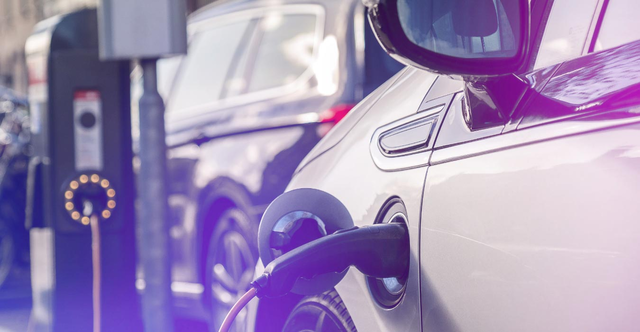
If you have bought an electric vehicle (EV) you can of course charge it at public charging stations, but if you have a driveway you may want to buy and install a home charging station. This is not only convenient, it also makes charging much more economical. We summarise everything here.
Charging an electric car at home is the most common way, assuming you have a garage and/or access to the electricity grid. You can do this by using a charger with a conventional three-pole plug that plugs into a standard socket. This is then charged via a Mode 1 cable. A Mode 1 cable is a faster charging method than a Mode 2 cable, but your charging connection must be in good order. Depending on your connection, you can charge up to 7.4 kW.
Mode 2 charging is easier, but slower. It allows you to charge your electric vehicle at any normal Schuko socket. With a charging speed of usually 2.3 kW it is not very fast, but when you consider that there are many more power sockets than public charging stations, it is suddenly not a very convenient way to charge your EV. Especially when you consider that such a mode 2 cable costs only 200 to 300 euros.
In winter, 1 kilometre costs more
The colder it is, the more kWh it takes to cover one kilometre. Cold weather has a negative impact on a battery's performance. You can't recharge as quickly, especially when fast charging. A cold battery is less able to regenerate and it takes more power to warm up the interior (and the battery). That's why you need to consume honour kWh to cover 1 kilometre with your EV.
Tipping point for a home charging station
If you are considering buying a home charging station, you might wonder at what point you actually start saving money compared to charging your electric car at a public charging station. This question is not easy to answer. It depends on the energy prices, the prices for public charging, the price and installation of your home charging station and the energy consumption of the particular driver and his EV.
In general we can say that the lower the energy price for home charging, the sooner the investment for a home charging station can be justified. In general, you pay around 0.25 and 0.30 Euro per kWh for home charging. With these rising energy prices, upward exceptions are no longer an exception. But outliers to the bottom are also very well possible with, for example, solar panels. With solar panels you pay on average only 7 cents per kWh.
With public charging stations you pay 40 euro cents per kWh, with the disadvantage that you have no certainty of a free charging station and you have to walk a few hundred metres or a lot more to get there.
Public charging
Some public charging stations can be used free of charge, but at almost all of them you have to pay to charge. The cost of charging an EV varies from provider to provider. Sometimes you pay per kWh of electricity used, while other providers only offer charging per session or minute. A combination of a kWh price and a starting charge is no exception either. The prices vary enormously, but are between approximately € 0.30 and € 0.60 per kWh at a public charge point. A fast charger is even more expensive, but it is the fastest way to charge. Only use a fast charger to get to your next charging point.
The break-even point regarding the purchase of a home charging station depends on your average driving distance and the energy market.
Calculating the charging costs is just one way of determining whether a home charging station makes sense for your situation, but don't forget that the convenience of your own home charger is also worth a lot.





